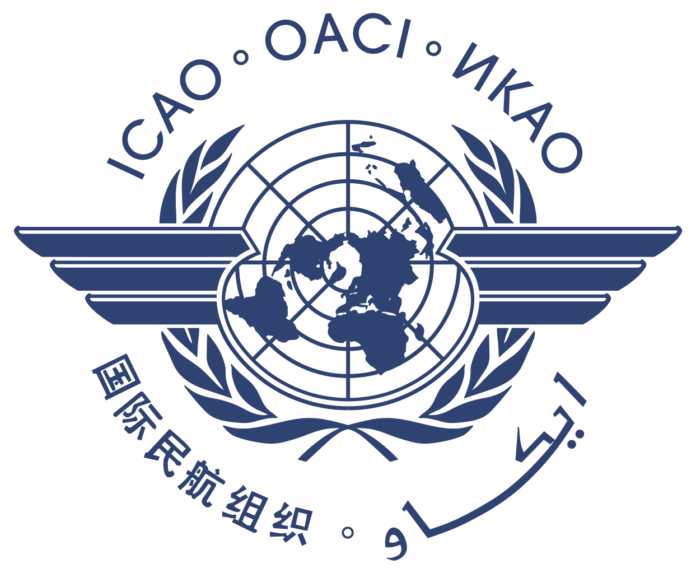Dr Bernard Aliu, President, International Civil Aviation Organisation (ICAO) Council, says the aviation sector has provided employment and sustainable careers to over 65 million people worldwide.
Aliu made the assertion in a keynote address to the Global Aviation Investment Summit in Dubai.
He said the sector had contributed more than 2.7 trillion dollars to global Gross Domestic Products (GDP).
Aliu said that aviation was essential to states as they sought to access regional and global markets in order to enhance consumers benefits and choices, create jobs and significantly stimulate tourism and trade.
According to him, in 2018, some 4.3 billion passengers and 58 million tonnes of freight are carried by global commercial operators on 38 million flights.
“With this massive volume of operations, and noting air transport’s important access and connectivity benefits, it is not difficult to appreciate why our sector is responsible today for providing meaningful employment and sustainable careers to over 65 million men and women worldwide
“It has contributed more than 2.7 trillion dollars to global GDP,” he said.
Aliu also highlighted that both air passenger traffic and air freight traffic globally should be more than double by 2035.
He noted that the countries which made the needed investments required now in national and regional infrastructure, capacity and technologies, would also be the ones that would benefit most in the coming decades from aviation’s rapidly accelerating global connectivity.
Aliu stressed the importance of developing and implementing national and regional aviation infrastructure programmes and plans in full cooperation with the investment stakeholder community.
According to him, state planning must also have strategic infrastructure targets and performance ambitions that are guided by and consistent with ICAO’s Global Plans.
“This facilitates compliance with the ICAO standards and recommended practices which underpin the safe, secure, and sustainable development of the international civil aviation network,” he said.
In terms of suggested solutions, he said that states must determine strategic infrastructure targets by conducting national and regional gap-analysis between forecasted demand and current capacity.
Aliu further noted that business case analyses should also be conducted to accurately delineate all requirements, reduce investor risk and evaluate projected returns.
He said this in turn required the establishment of institutional, legal and regulatory frameworks, together with monitoring and evaluation frameworks.
Aliu also made a very strong recommendation that primary focus should be placed by all concerned on investments, earmarked toward educating and training the next generation of aviation professionals.
“Infrastructure development absolutely requires aligned financial investments and enhancements in human capacity development, which are completely co-dependent.
“There is no point in upgrading technologies and facilities to the latest performance specifications if the personnel are not on hand to professionally operate them or provide appropriate oversight,” he said.
Aviation contributes $2.7trn to global GDP- ICAO
RELATED ARTICLES




